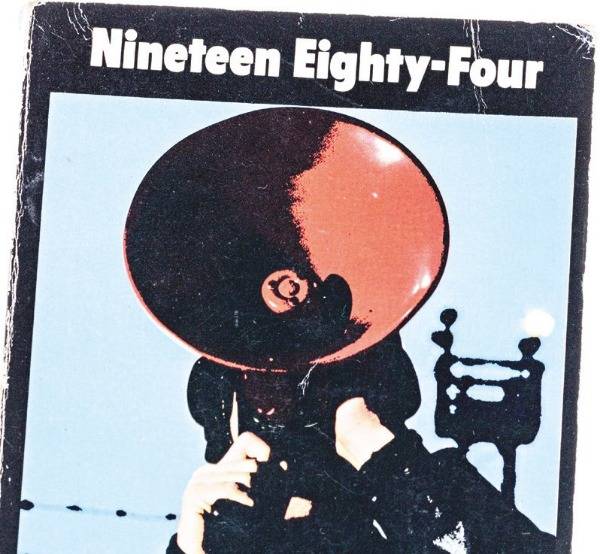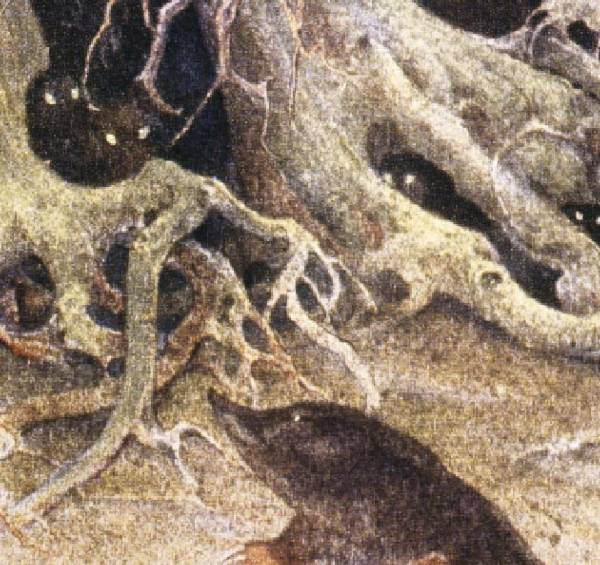For once, and rather rarely, the BBC Department of Religion and Ethics has lived up to its title. In these interviews, originally broadcast on BBC Radio 3, Joan Bakewell seduces a range of scientists and artists from different backgrounds into revealing a great deal about their own beliefs and what these mean both for individuals and for society. You won't be surprised to hear that the Archbishop of Canterbury, Rowan Williams, comes over as muddled and fuzzy, and in no way enhances an understanding of Christianity. He believes in the virgin birth and the resurrection, but fails to explain why; he cannot marry same sex couples but will pray for them.
More credible is the Muslim, Ziauddin Sardar, a Pakistani brought up in Hackney, who makes a good case for the Muslim concern for justice. He offers the first convincing description of the Muslim reaction to The Satanic Verses that I have encountered: 'My inner sanctum was violated. Everything I held dear was systematically attacked.' But he is against the fatwa, arguing that the best way to challenge one book is with another.
Despite the inclusion of some clerics, the predominant impression is of free thinkers ' among them a clutch of forceful atheists. Richard Dawkins makes it clear that his first commitment is to biology. This is what has led him to atheism. He flatly rejects the views of those like the physicist Paul Davies, who regards the laws of physics as a form of deistic order. When Bakewell asks Dawkins if he is a 'scientific fundamentalist' he simply says he's willing to change his views if there is new evidence: he is above all 'passionate about the truth'.
Dawkins is one of several who refuses to accept the concept of evil. Hitler's action might be evil, he suggests, but he was not guided by some supernatural evil force.
As a crime writer, Minette Walters is professionally preoccupied with human evil, but is equally sceptical about the idea of some sinister force in the universe. She points out that as a prison visitor she frequently encounters moral values among murderers.
Philip Pullman, who finds his own atheism liberating, agrees. 'Good people have done good things and bad people have done bad things without the help of religion, but for good people to do evil things, that takes religion.' No wonder his fantasy fiction alarms so many Christians. It's all driven by the primeval struggle between good and evil, but stripped of any religious impetus. The trilogy His Dark Materials, for example, may reference Paradise Lost, but a far stronger influence is the sensibility of Blake.
Can art replace religion? The sculptor Anthony Gormley who, like Pullman, felt liberated when he gave up Catholicism, finds that the process of sculpting is a kind of meditation. Similarly, Anish Kapoor feels that the act of creation is a kind of mystery, a Buddhist process. The poet Andrew Motion believes there is 'something permanent in art which is compatible with the goal of religious faith' and the novelist Jeanette Winterson claims that: 'Art opens cathedrals in the mind.'
There's something suspect about these kinds of mystic equations, though. I prefer the idea that art leads not towards but away from religion, to an enlargement of our understanding of the human spirit.
Joan Bakewell has elicited some thoughtful observations about belief, art and science which, collected together, make a powerful case not merely for rejecting religion, but for replacing it.

